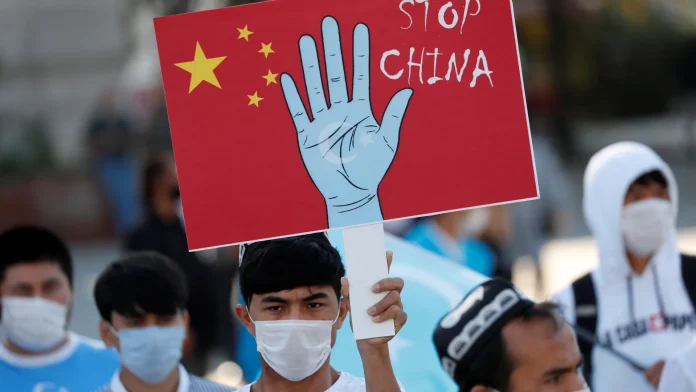China’s authoritarian government is weaponising international institutions, including Interpol and the United Nations, to hunt down regime critics living abroad, an extensive new investigation by the International Consortium of Investigative Journalists (ICIJ) has revealed.
The China Targets project is a cross-border investigation led by the ICIJ alongside 42 media partners, including Le Soir, Knack, and De Tijd. It exposes how Beijing’s sprawling global campaign extends its repressive tactics far beyond its borders under Xi Jinping’s leadership.
Over a ten-month period, ICIJ reporters interviewed 105 individuals across 23 countries who have been targeted for speaking out – publicly or privately – against the Chinese government’s policies. Among them are political dissidents from China and Hong Kong, as well as Uyghur and Tibetan minority members.
In Belgium, Uyghur, Tibetan and Taiwanese activists describe living under constant threat. “The Chinese want people to think: ‘I cannot make a move without being watched – whether in China or not,'” a Belgian intelligence official told Le Soir.
One particularly interesting case is that of Ekber Tursun, president of the Belgium Uyghur Association. Having arrived in Belgium as a political refugee, Tursun became a vocal activist in 2015. Shortly after, Chinese security services visited his family back home in Aksu, Xinjiang, warning them about his activities.
Under pressure, Tursun severed ties with his family to protect them from retaliation. He later received phone calls from suspected Chinese agents offering money in exchange for information on other Uyghurs in Belgium – offers he refused
Belgian intelligence services confirm they have witnessed Chinese diplomats photographing and filming demonstrators during pro-Tibet and pro-Uyghur protests in Brussels. Families of activists still in China are frequently pressured to dissuade their relatives from participating in political activities abroad.








































